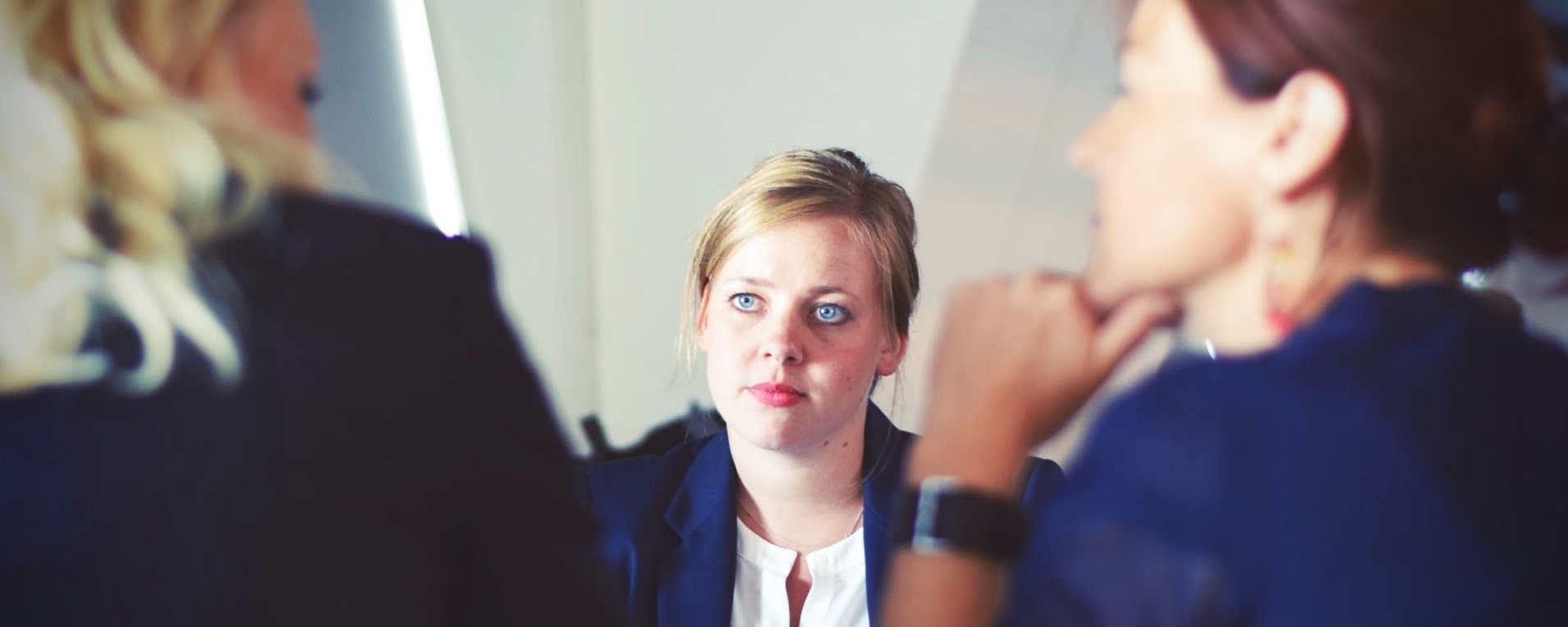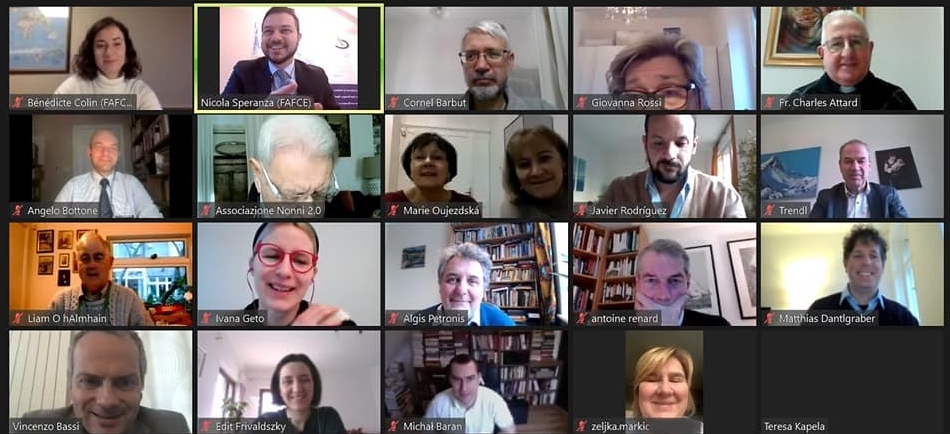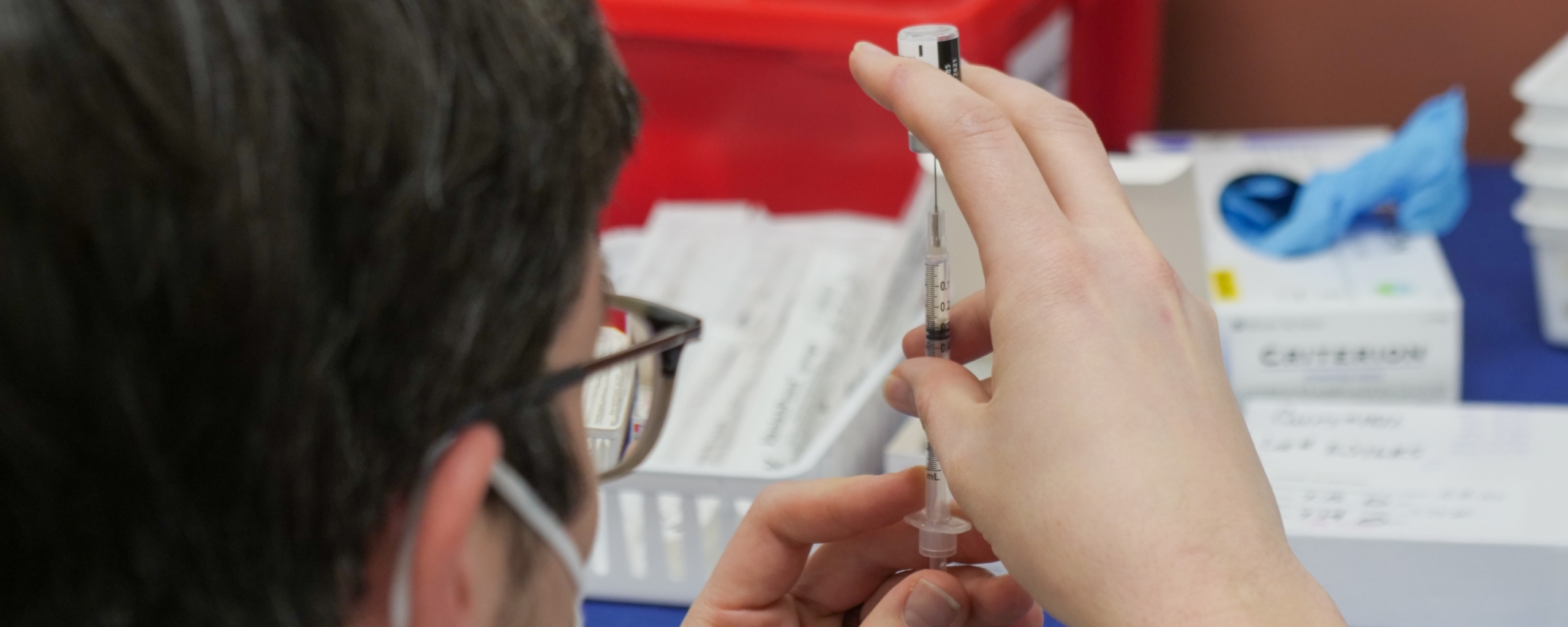Art & Family
The Family is very connected with Art. In this page we would like to encourage families with all their members to live with Art and to make of art by their lives living their faith.
As John Paul II Pope said in 1999 in its Letter to the Artists “Society needs artists, just as it needs scientists, technicians, workers, professional people, witnesses of the faith, teachers, fathers and mothers, who ensure the growth of the person and the development of the community by means of that supreme art form which is “the art of education”. Within the vast cultural panorama of each nation, artists have their unique place. Obedient to their inspiration in creating works both worthwhile and beautiful, they not only enrich the cultural heritage of each nation and of all humanity, but they also render an exceptional social service in favor of the common good.
The particular vocation of individual artists decides the arena in which they serve and points as well to the tasks they must assume, the hard work they must endure and the responsibility they must accept. Artists who are conscious of all this know too that they must labour without allowing themselves to be driven by the search for empty glory or the craving for cheap popularity, and still less by the calculation of some possible profit for themselves. There is therefore an ethic, even a “spirituality” of artistic service, which contributes in its way to the life and renewal of a people. It is precisely this to which Cyprian Norwid seems to allude in declaring that “beauty is to enthuse us for work, and work is to raise us up”.
The distinction between the moral and artistic aspects is fundamental, but no less important is the connection between them. Each conditions the other in a profound way. In producing a work, artists express themselves to the point where their work becomes a unique disclosure of their own being, of what they are and of how they are what they are. And there are endless examples of this in human history. In shaping a masterpiece, the artist not only summons his work into being, but also in some way reveals his own personality by means of it. For him art offers both a new dimension and an exceptional mode of expression for his spiritual growth. Through his works, the artist speaks to others and communicates with them. The history of art, therefore, is not only a story of works produced but also a story of men and women. Works of art speak of their authors; they enable us to know their inner life, and they reveal the original contribution which artists offer to the history of culture. A noted Polish poet, Cyprian Norwid, wrote that “beauty is to enthuse us for work, and work is to raise us up”. The theme of beauty is decisive for a discourse on art. It was already present when I stressed God’s delighted gaze upon creation. In perceiving that all he had created was good, God saw that it was beautiful as well. The link between good and beautiful stirs fruitful reflection. In a certain sense, beauty is the visible form of the good, just as the good is the metaphysical condition of beauty. This was well understood by the Greeks who, by fusing the two concepts, coined a term which embraces both: kalokagathía, or beauty-goodness. On this point Plato writes: “The power of the Good has taken refuge in the nature of the Beautiful”.
Tate Gallery is inviting us to Explore how artists have responded to the theme of Family
National Gallery Art is inviting you to Discover a variety of multi-generational programs
Kids and Families. The Met Museum has so much to offer kids and their families
FAFCE-NWFE White Paper on “Protecting women from maternal mobbing”
Brussels, 11th February 2021 The current pandemic puts a new light on the daily struggles experienced by parents when balancing their work and family time, and especially for mothers. Imposed lockdown on workers made suddenly more concrete the weight
“We have to fall in love with the family, as Saint Joseph did”, address of Gabriella Gambino, Undersecretary of the Dicastery for Laity, Family and Life, on the Amoris Laetitia Year for the Family
2 February 2021 On 19 March 2021, the Church will celebrate the fifth year of the publication of the Apostolic Exhortation Amoris Laetitia on the beauty and joy of love in the family. On the same day, Pope Francis
FAFCE Informal Board Meeting: Our Members present their work in times of pandemic
1st February 2021 On the 27th of January 2021, FAFCE Members met online for an Informal Board Meeting. They shared their experience of 2020 and the initiatives they launched during this year, marked by the pandemic. Our associations
FAFCE DIALOGUES #3 | Dialogue with Vice-President Dubravka Suica on the Green Paper on Ageing
Brussels, 28 January 2021 FAFCE continues its Dialogues on demographic challenges: the guest of this third dialogue was the European Commission Vice-President in charge of Democracy and Demography, Dubravka Šuica. On the very day of the publication by the
4 questions to understand the debates on the Covid-19 vaccine
Article translated from the original version in French, published by the Confederation of Catholic Family Associations: “Vaccination Covid-19“, 20 January 2021. What is a vaccination? A vaccination stimulates the immune defences, especially the immune memory. To achieve this, an
Family and teleworking: FAFCE stresses the commitment and struggles of parents
21 January 2021 The Covid-19 pandemic unveiled the difficulty for parents to find a satisfying work-life balance, especially in a context of telework. Today the European Parliament has adopted a resolution with recommendations to the Commission on the right







